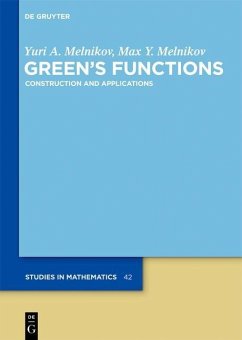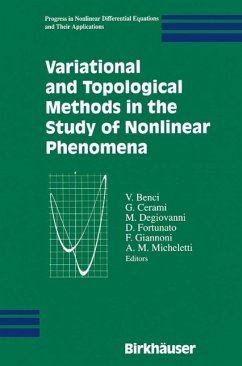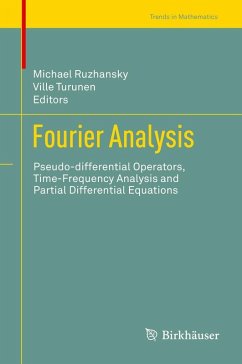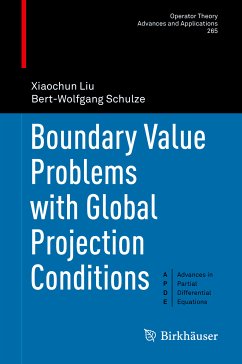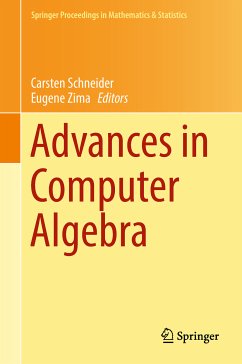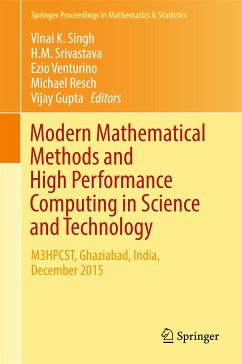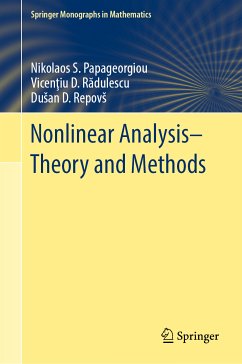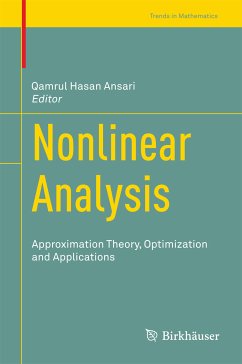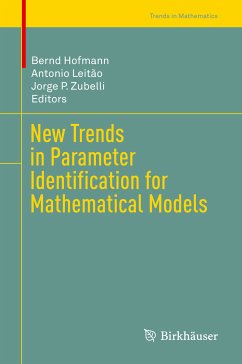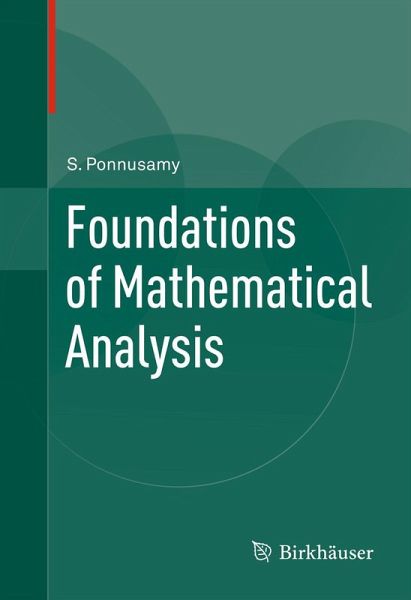
Foundations of Mathematical Analysis (eBook, PDF)
Versandkostenfrei!
Sofort per Download lieferbar
68,95 €
inkl. MwSt.
Weitere Ausgaben:

PAYBACK Punkte
34 °P sammeln!
"Questions and Exercises" are provided at the end of each section, covering a broad spectrum of content and various levels of difficulty, and hints are provided for selected exercisesSome of the exercises are routine in nature while others are interesting, instructive, and challengingCovers a broad spectrum of content with a range of difficulty that would enable students to learn techniques and standard analysis toolsIntroduces convergence, continuity, differentiability, the Riemann integral, power series, uniform convergence of sequences and series of functions, and so on Examines various imp...
"Questions and Exercises" are provided at the end of each section, covering a broad spectrum of content and various levels of difficulty, and hints are provided for selected exercises
Some of the exercises are routine in nature while others are interesting, instructive, and challenging
Covers a broad spectrum of content with a range of difficulty that would enable students to learn techniques and standard analysis tools
Introduces convergence, continuity, differentiability, the Riemann integral, power series, uniform convergence of sequences and series of functions, and so on Examines various important applications throughout the book and uses MATHEMATICA and MAPLE to demonstrate various uses of the Fourier series
Some of the exercises are routine in nature while others are interesting, instructive, and challenging
Covers a broad spectrum of content with a range of difficulty that would enable students to learn techniques and standard analysis tools
Introduces convergence, continuity, differentiability, the Riemann integral, power series, uniform convergence of sequences and series of functions, and so on Examines various important applications throughout the book and uses MATHEMATICA and MAPLE to demonstrate various uses of the Fourier series
Dieser Download kann aus rechtlichen Gründen nur mit Rechnungsadresse in A, B, BG, CY, CZ, D, DK, EW, E, FIN, F, GR, HR, H, IRL, I, LT, L, LR, M, NL, PL, P, R, S, SLO, SK ausgeliefert werden.




